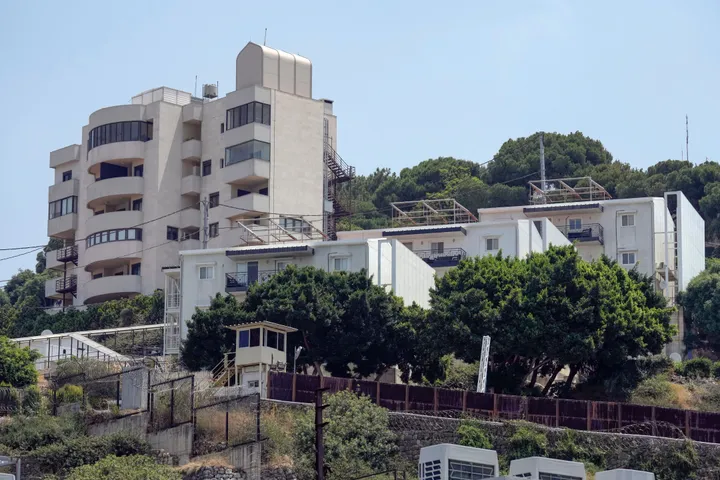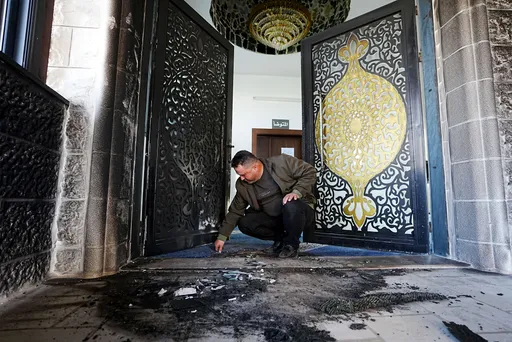Senegal has launched the first large-scale wind farm in West Africa, a facility that will supply nearly a sixth of the country's power when it reaches full capacity later this year.
With the wind farm, Senegal will get 30 percent of its energy from renewable sources, which has been a goal of President Macky Sall.
"The energy mix we have today allows us to move past our dependence on petrol," said Papa Mademba Biteye, director general of Senelec, the national electricity company, at an inauguration ceremony in rural Taiba N'Diaye on Monday.
The 158-megawatt wind farm was built by British renewable power company Lekela, which also has wind farms in South Africa and Egypt and an upcoming one in Ghana.
Senegal's solar and wind farms
Wind farms remain scarce throughout sub-Saharan Africa compared with solar plants, partly because they can cost more and take longer to build and because strong wind is generally less plentiful than sunshine, said Silvia Macri, an energy analyst at IHS Markit.
"Senegal pushed ahead its renewables agenda quite aggressively," Macri told the Thomson Reuters Foundation.
Senegal's first solar plant came online three years ago, and the country has since built several more. Other countries in the region are following suit with solar but are much further behind in terms of wind, Macri said.
In Taiba N'Diaye, 46 giant wind turbines rise over scrubland about 90 km (56 miles) from the seaside capital. One-third are operating, and the rest are due to come online by June.
Outside the cities, much of Senegal is still not electrified.
Electricity reached only about 60 percent of the 16 million population in 2017, according to the World Bank.
The wind farm will provide enough electricity for 2 million people and prevent the emission of 300,000 tonnes of carbon dioxide annually, according to Senelec.
"The next challenge is universal access," said Biteye.























